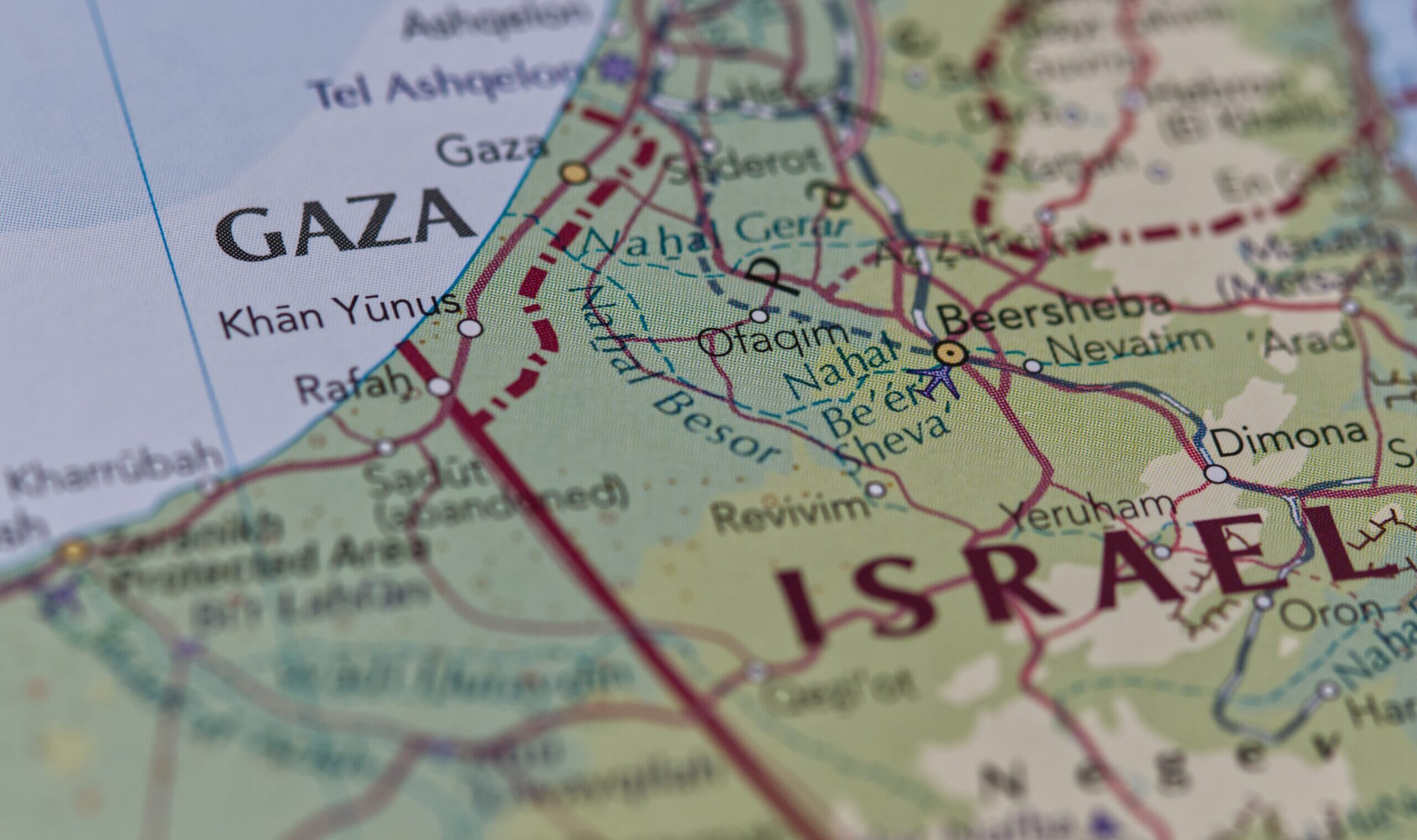Silly Old Christendom II
We’ve seen in the last few days that this is not a normal boycott. This is a riot, a boiling over of a resentful, angry, and fanatical constituency, complete with the burning of the Danish embassy in Lebanon. One is tempted to dismiss these as the acts of a few fanatics, a facsimile of extreme Western behavior of, say, the 15th-17th Centuries. But it is different. The solution to the vices of Christendom could be found in Christianity itself, which teaches a fundamental equality of man rooted in the belief that each person is entitled to respect as a creature made in the image of God. That is to say Christians could collectively learn they were behaving un-Christianly and that our modern liberal, democratic way of life more fully recognizes this principle than its predecessors. ~Chris Roach
On the Christian understanding of equality, I have often puzzled over why so many people have concluded that Christianity teaches that, for lack of a better phrase, “all men are created equal.” Because we believe that man is created, and the differences among men are not considered simply a product of the Fall but rather more of providential order, very plainly all men are not created equal. This may sound scandalous to modern, American ears, and no doubt one could find a raft of modern theologians who would assure you that I am making this up. That is, to be blunt, the modern Americans’ problem, and I am not making this up.
As a Faith that accepts created difference as something basically good, it seems to me that Christianity has embraced and the early Fathers (St. Gregory the Great springs to mind as especially noteworthy here) have understood it to have embraced the inherent inequalities among men, but in a way that transforms these inequalities into sources of mutual obligation and love rather than causes for strife. Speaking of Christians themselves, not all members of the Body of Christ are equally “important,” but this is not supposed to be an occasion for abuse or pride, as all do possess an inherent, irreducible dignity (which is quite different from equality, except in our common nature) and are bound together with one another in a reciprocal way that makes the natural inequalities into complements.
But theological quibbling aside (though it is really quite important to get even these most basic claims right), the troubles of the 15th-17th centuries, or of earlier centuries when Christians used coercion or violence against one another, do not stem from a denial of anyone’s equality but precisely from a denial of someone’s true Christianity.
No one denied that Hussites and Calvinists, for example, were created in the image of God and were therefore perfectly human and the same as everyone else in this respect (though they might have called them some rather rude names). What was at stake was that they taught doctrines that, in this case, Rome considered (and sometimes with good reason) to be heretical and subversive of church authority. As an Orthodox Christian, I have no particular stake in that polemical fight, though I daresay the Catholics got more right (in the sense that they had a generally more Orthodox-like confession) than their opponents, but what I want to stress is not that the Catholics were right and the Protestants wrong but instead that this was a struggle for orthodoxy and equality doesn’t enter into it. This is important by way of denying that the “liberal, democratic way of life” is in a sense more Christian than the actual way of life in Christendom. By implication, everyone before the Enlightenment in actual Christian Europe was living a less Christian life than the largely secularised people in post-Christian Europe now live (at least if we define ‘Christianly’ behaviour in terms of respecting equality). This (the “Christianity has gone through the laundromat of the Enlightenment, so it is now acceptable enough for modern, thinking people” argument), is perhaps already a commonplace in some circles, but happily I do not generally move in those circles.
The answer to this “problem” (if we believe the maintenance of orthodoxy to be a problem) was to stop worrying and learn to love dissent (indeed to make dissent a most desirable thing)–that is the liberal answer. The liberal (here I use the term very broadly defined) answer is the wrong answer. More important than the belief in equality of men is the belief in the equality of “opinions,” under which heading religion is classed in a liberal order. Christians usually stop attacking each other in one form or another when they accept, at least tacitly, that each church has a different “opinion” about Christ, the Trinity, the sacraments, or wherever else there might be disagreement. In other words, their religious loyalties do not spur them to many great demonstrative acts vis-a-vis other confessions, whether violent or no, because they have already accepted that it isn’t something to get worked up over. It isn’t as if these wrangles over doctrine and sacrament could be significant! That would be silly. A Christian reconciled to liberal order is already often a sort of ecumenist-in-waiting.
The modern age “solved” the problem of intra- and inter-religious conflict by denying the greater importance of any one creed or faith over another–it made a spiritual desert and called it peace. Now men fight and kill other men over something infinitely more absurd and unimportant (certainly far more unimportant in the grand scheme of things), which is whether or not someone gets to vote or how tax revenues are disbursed.
